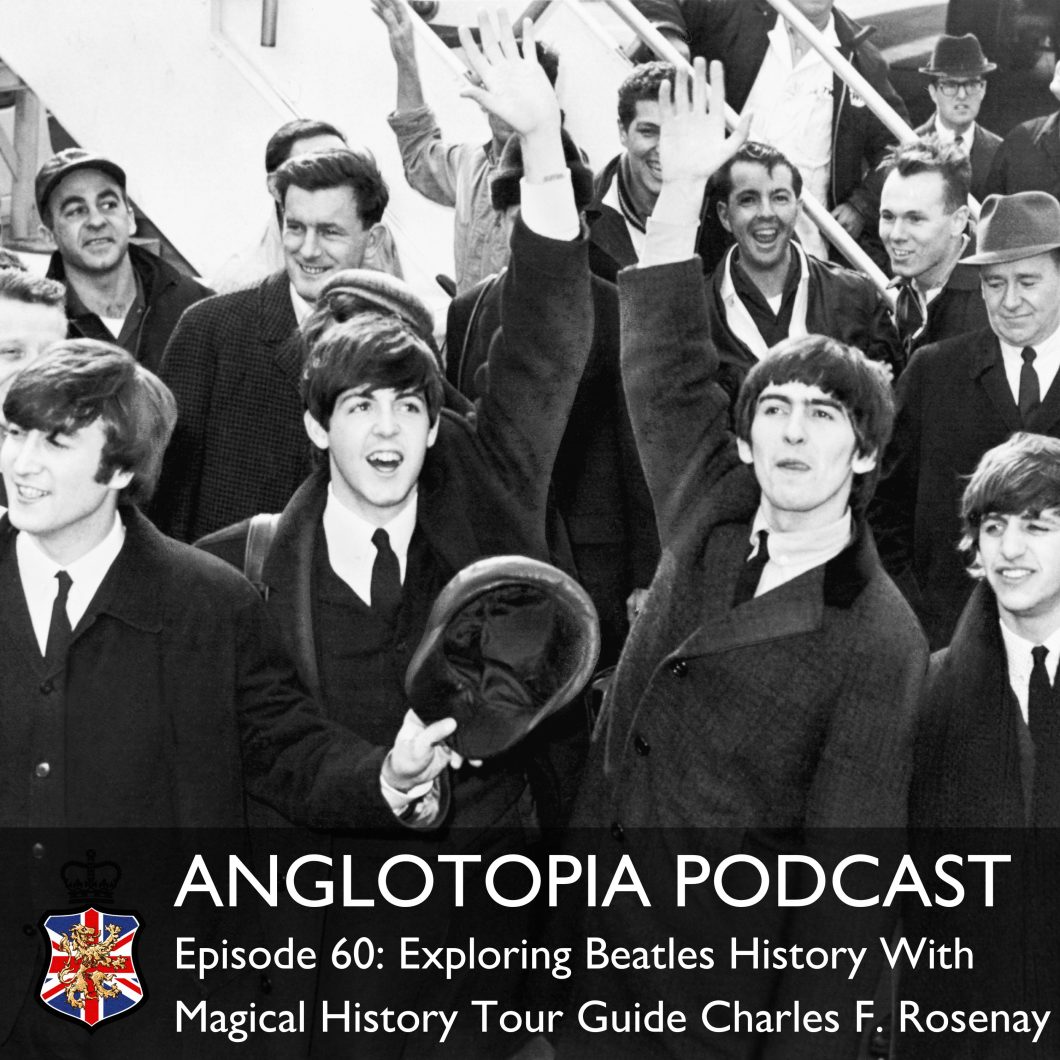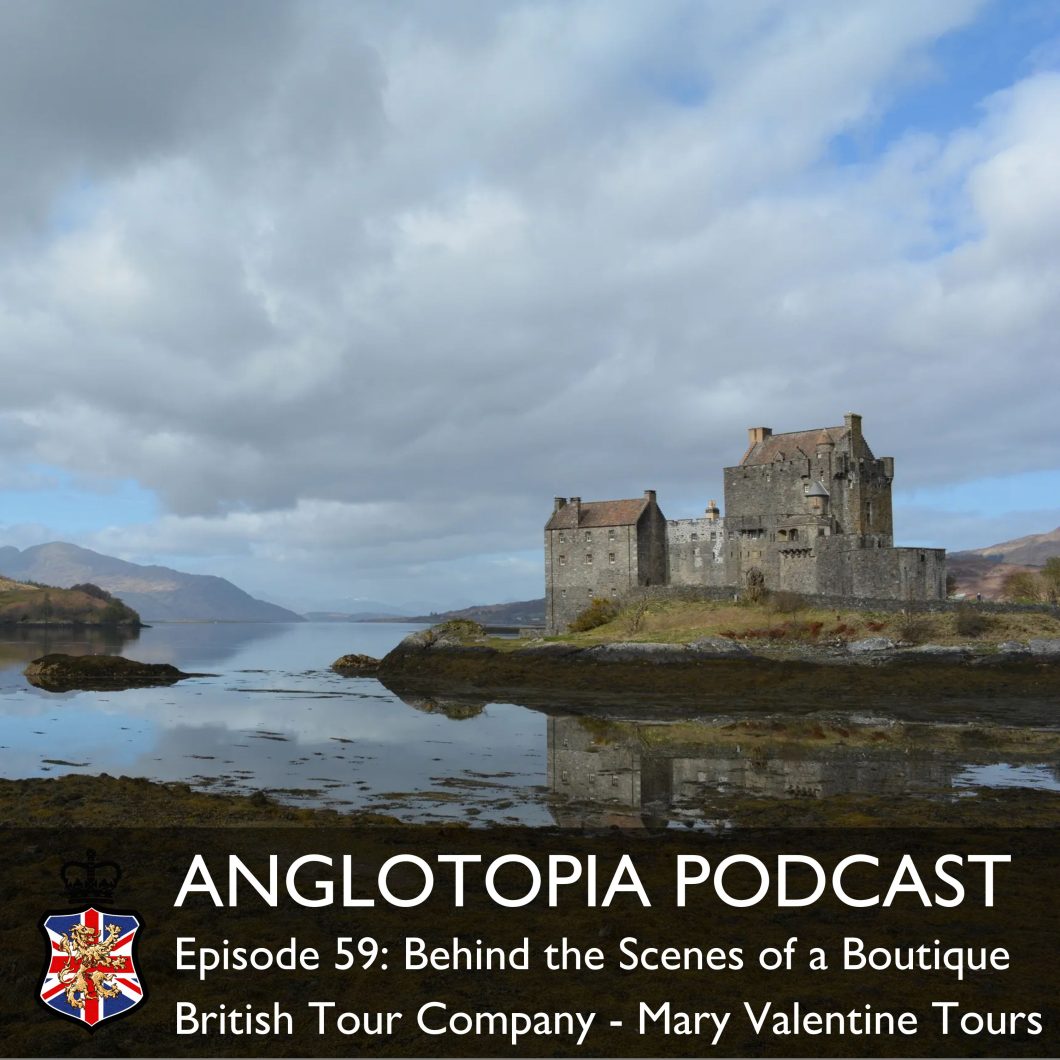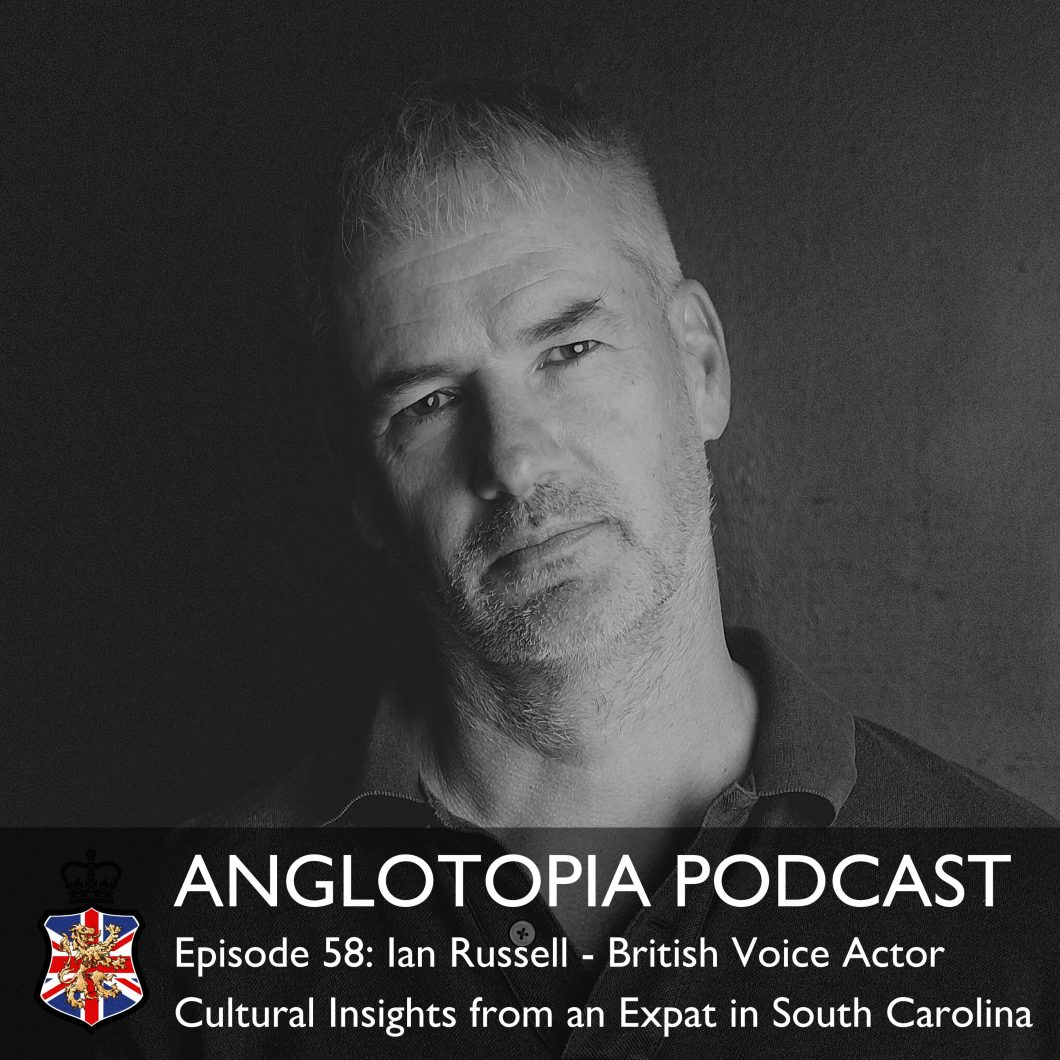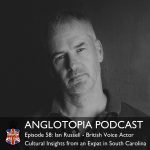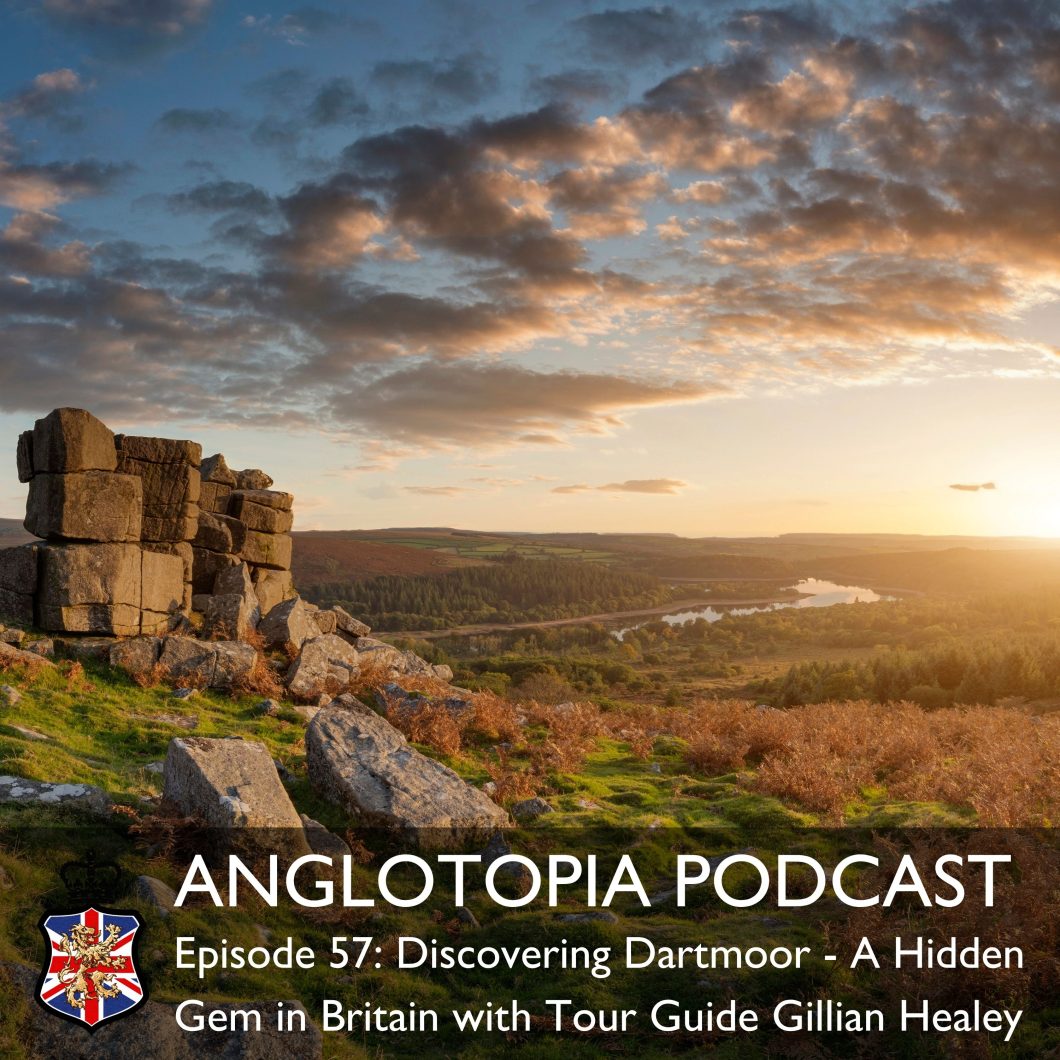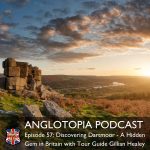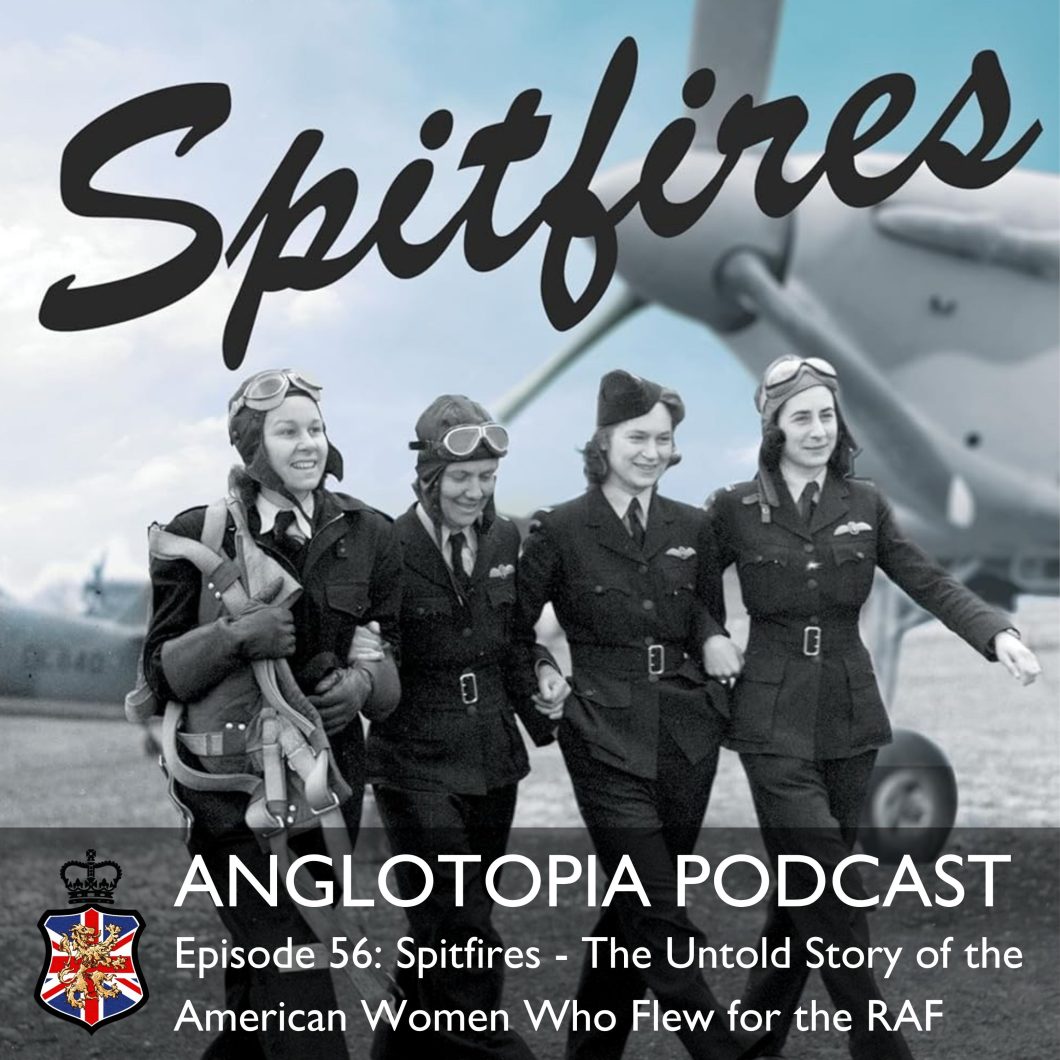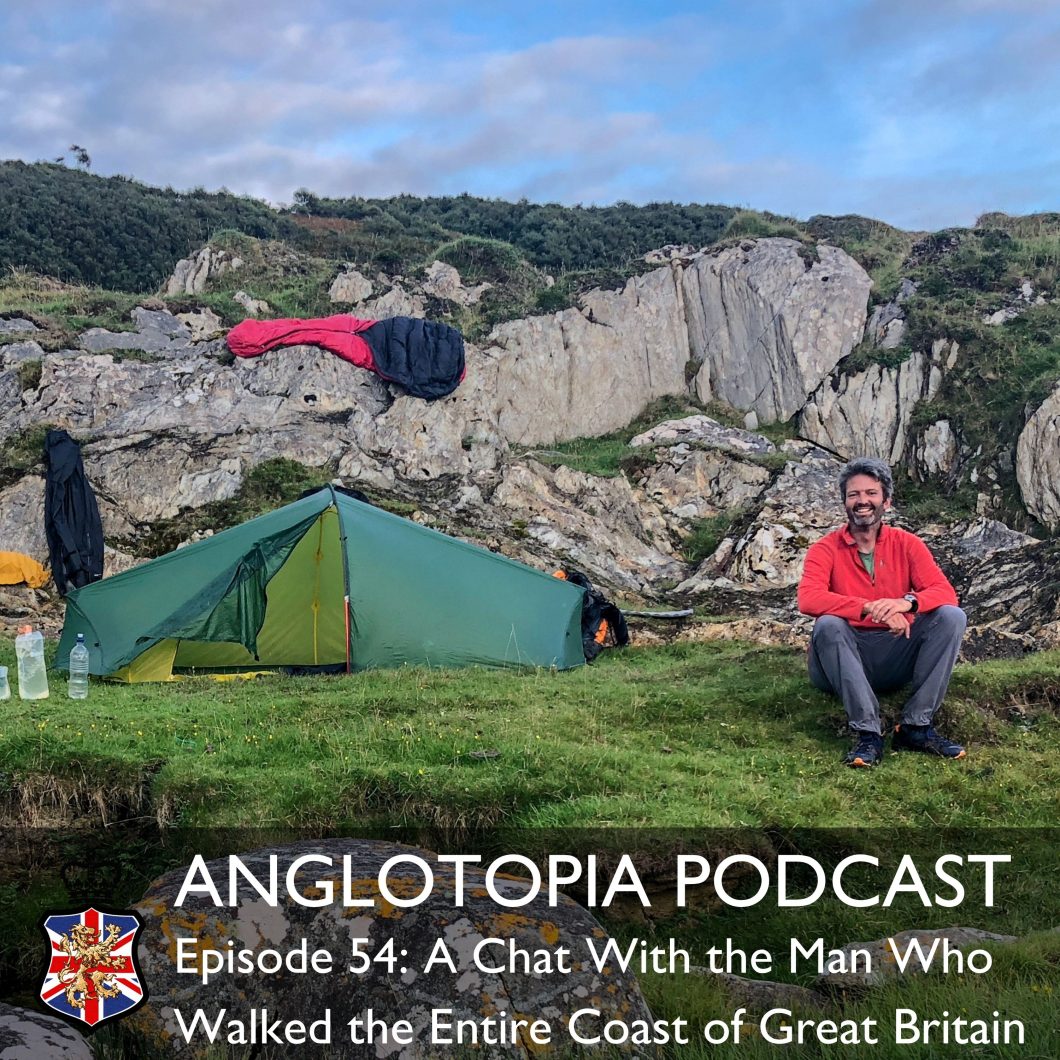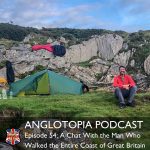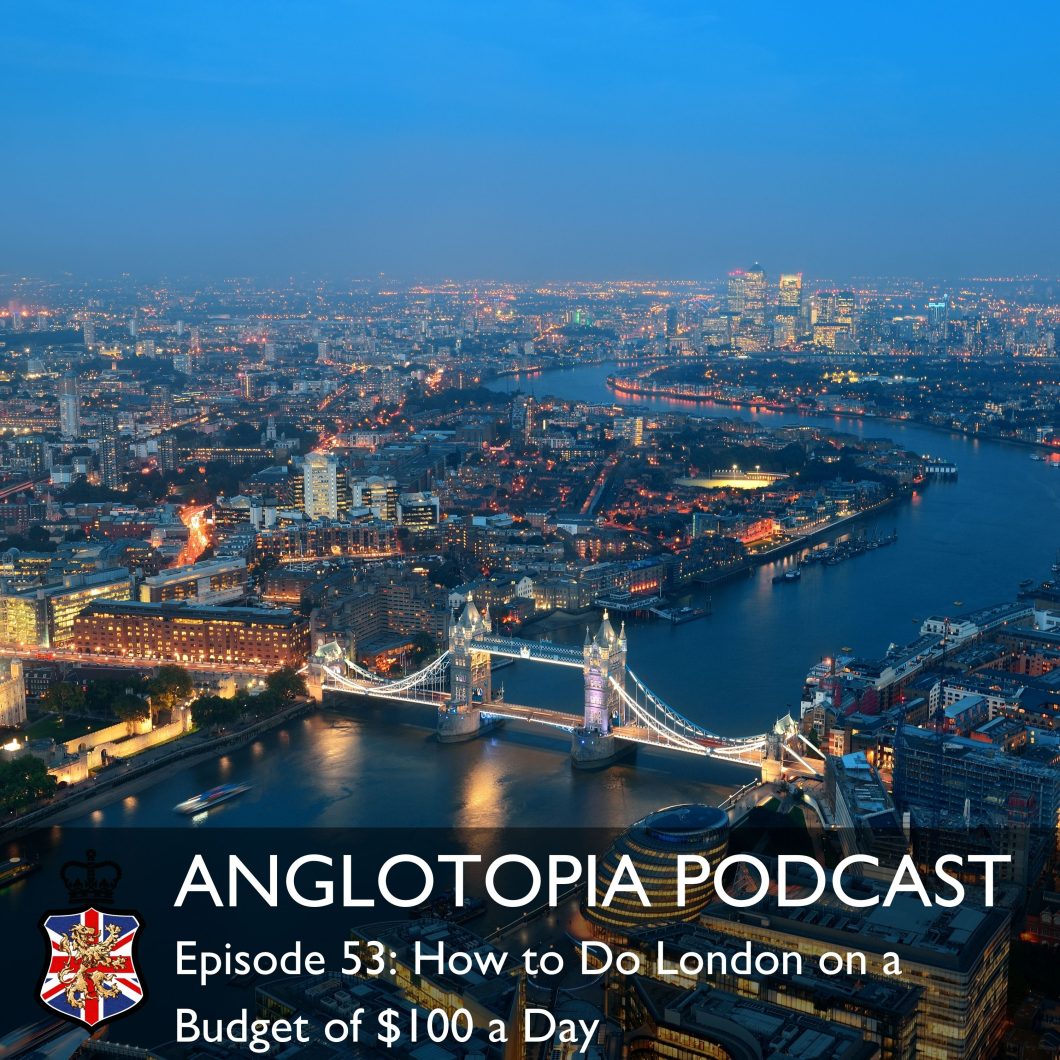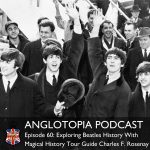
In this episode of the Anglotopia podcast, host Jonathan Thomas speaks with Charles Rosenay, a seasoned Beatles tour guide and cultural ambassador for Liverpool. They explore the evolution of Beatles tourism, the significance of iconic locations like the Cavern Club, and the hidden gems of Liverpool that fans should not miss. Charles shares memorable experiences from his tours, the emotional reactions of fans, and the changing relationship between Liverpool and its Beatles heritage. The conversation also touches on the impact of the internet on tourism, the joy of sharing Beatles history, and the best times to visit Liverpool for an immersive experience.
Links
- www.LiverpoolTours.com
- The Book of Top 10 Beatles Lists (Amazon Link)
- www.BookOfTop10BeatlesLists.com
- Liverpool Tours on Facebook
- International Beatle Week
- Visit Liverpool Website
Takeaways
- Charles Rosenay has been a Beatles tour guide since 1983.
- Liverpool has transformed into a vibrant cultural destination.
- The Cavern Club is a must-visit for Beatles fans.
- Emotional reactions from fans often include tears of joy.
- Beatles Week in August is the best time to visit Liverpool.
- Hidden gems like the Jacaranda are essential stops.
- The Beatles’ childhood homes are significant historical sites.
- Balancing myth and history is crucial in storytelling.
- Liverpool’s character is shaped by its people and culture.
- The internet has changed how Beatles tourism operates.
Soundbites
1. The Origin Story
“I fell in love with them like millions of other people of a certain age on February 9th, 1964 when they appeared on the Ed Sullivan show. Watched it, fell 100% in love with it, realized there was more to the world than just monster movies and kindergarten and baseball.”
2. Liverpool as Sacred Ground
“Liverpool was that holy land, the holy grail destination for me. When I was young, I would clip every article, everything that said John Paul, George Ringo. But I would also, if it said the tall ships are sailing into Liverpool, I would cut that out.”
3. The Emotional Kiss
“She got off the coach, set foot in Liverpool, bowed down and kissed the ground. I said, you guys planned that, huh? She goes, ‘No, my gosh. That was so spontaneous. I didn’t even think I was going to do that.'”
4. The Fifth Beatle Revelation
“There was that debate, if you’re a Beatles fan, the debate was who was the fifth Beatle? Was it Brian Epstein? Was it Billy Preston? Was it George Martin? The fifth Beatle was Liverpool. Liverpool is a personality, it’s a lifestyle, it’s humor.”
5. Liverpool’s Transformation
“Back then it was just a dingy, scaffolded, gray like slum backyard area. I remember putting my ears against the walls and just trying to dream what it would be like hearing the Beatles play through these walls. Now it’s completely embraced the entire tourism industry.”
6. The Cavern Club Legacy
“The Beatles played there over 300 times. It was literally their residency. Life was music and you wanted to be the band that played there. If you do one place that you want to capture the rock and roll and that era and the sweat and the music, it’s the Cavern Club for sure.”
7. 100% Satisfaction Guarantee
“I am so proud, blessed, lucky, I don’t know what the word is, 100% satisfaction from the people who go on the tour. Even the best five-star posh restaurant will have its off day. I forgot what your question was, but I think I went on a little tangent there.”
8. The Magic of Spontaneity
“Julian Lennon is doing a signing at a toy store in London in two hours. I said, you know what? We’re changing our schedule. We can be in Liverpool two or three hours later. We’re all going to this event. The 30 of us were in line for him. Eight other people came besides us.”
9. Seeing Through Fresh Eyes
“When they get excited, ‘Can you take a picture of me crossing Abbey Road?’ I know it. I had that feeling in 83 and 84, 85, and year after year. It’s the joy of the people going and me loving it vicariously through their eyes and emotions.”
10. Beatles Week Magic
“During Beatle Week, you’re literally walking street to street to street, hearing nonstop Beatle music. You just pour out Beatles music and that could be a plus or a minus if you’re a Beatles fan—this is it, you’re in heaven.”
Chapters
- 00:00 Exploring Beatles Tourism in Liverpool
- 01:54 Charles Rosenay’s Journey as a Beatles Ambassador
- 05:45 The Evolution of Beatles Tours Over Four Decades
- 07:50 Memorable Reactions from First-Time Visitors
- 09:50 The Must-See Locations on a Magical Mystery Tour
- 14:56 The Significance of the Cavern Club
- 16:52 Hidden Beatles Gems in Liverpool
- 19:01 Visiting Childhood Homes of the Beatles
- 20:35 Balancing Myth and History in Beatles Tours
- 23:13 The Unique Character of Liverpool Beyond the Beatles
- 23:25 The Heart of Liverpool: A City of Personality
- 27:14 Evolving Perspectives: Liverpool’s Relationship with The Beatles
- 28:43 Beyond The Beatles: Exploring Liverpool’s Culture
- 31:37 The Best Time to Visit: Beatle Week and More
- 35:15 Unexpected Moments: Surreal Experiences on Tours
- 39:33 Meeting Legends: Encounters with The Beatles’ Family
- 40:30 The Evolution of Beatles Tourism: Then and Now
- 42:10 The Book of Top 10 Beatles Lists: A Unique Perspective
- 43:55 The Joy of Sharing: Passion for Beatles Tourism
- 47:03 anglotopia-podcast-outro.mp4

